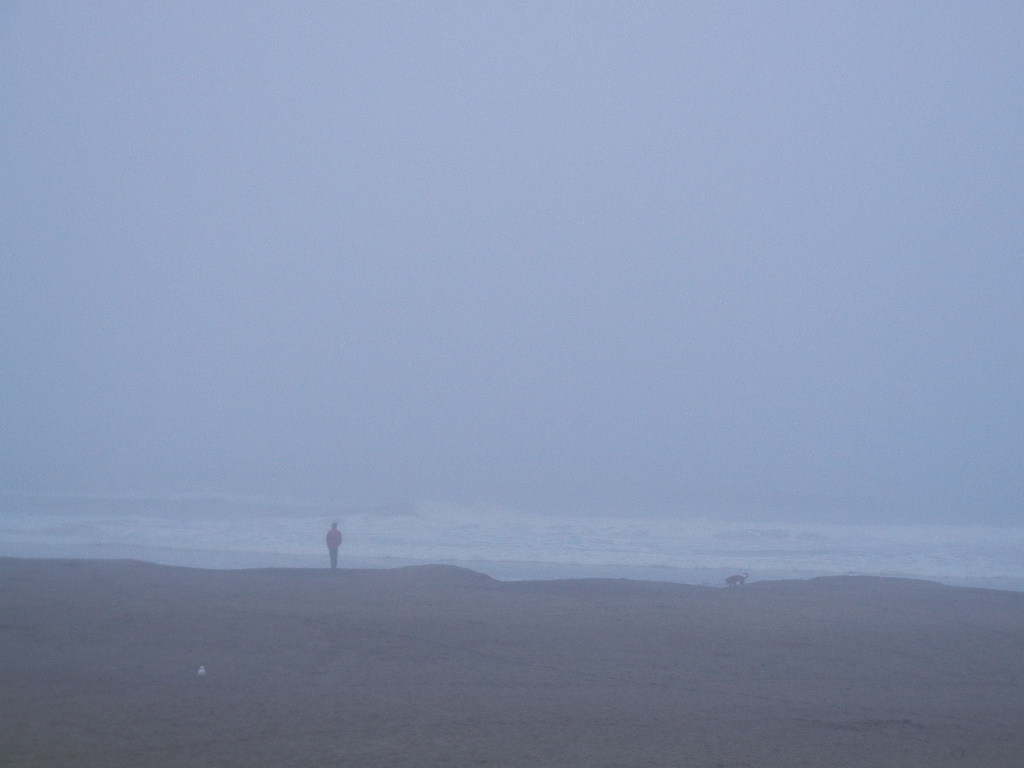conditions for life is not [universal]
Please provide a verifiable alternative set of conditions for life, one substantially different from that present on Earth.
It is not possible to answer that question. We have very little data about the conditions on a planet or moon which mean it can support life. We only know of one object which has intelligent (and even that is debatable!) life on it. From that we can can conclude that planets with earth's properties - with an atmosphere, at the right distance from its sun so it is in the temperature range that liquid water can exist, with a certain mix of elements, are capable of sustaining life. We don't know how likely life is to arise on such planets though. Is it pretty much inevitable given enough time? Did we win the cosmological lottery and we're the only planet with life on? Is it somewhere in between? Right now we just don't know. We're only just starting to be able to detect exoplanets.
Is it possible that planets or moons which don't share earth's properties could harbour life? Some kind of life which is alien to us in every sense of the word? We don't know of any which do but, again, data is limited, we have studied our own solar system and not found any signs of life there but we've really only scratched the service - sent a few probes to do fly-bys, landed a few on Mars and Venus but that's about it.
TL;DR, we don't really have enough data to know what conditions on a planet or moon are able to support life as we only know of one which does. So the answer to:
If there the rest of the objects in the observable universe are devoid of life. How come earth has humans on it
is: We don't know if the rest of the objects are devoid of life because even within our own solar system we've only just started exploration of them, we've only been able to send craft to them for 40 years or so, exoplanets are only just being discovered now and are far too far away for us to explore with existing technology. We don't know whether there is life anywhere else. Early indications are that it is rare but we don't have enough data right now to be sure.
But the
shape of objects. We have a lot more data about that. We haven't, as far as I know, observed an object above a certain size (more accurately mass) which is not spherical. All the stars, planets and moons (again, above a certain size) appear to be spheres. And we understand why that is, gravity naturally pulls objects of a certain mass into a sphere:
https://www.spaceanswers.com/deep-space/what-is-the-minimum-size-a-celestial-body-can-become-a-sphere/Ergo, why wouldn't the earth be a sphere?
This actually raises a question about your Wiki which says that the other planets are "pretty small",
It doesn't state how small, but if they're less than a few hundred kilometres in diameter then they wouldn't be spherical - like that object you mentioned before, that object is too small to be pulled into a sphere by gravity and neither would the other planets be if they are as small as you suppose (I have assumed that "pretty small" means smaller than the flat earth sun which I believe is said to be about 30km across, correct me if I have that wrong).








